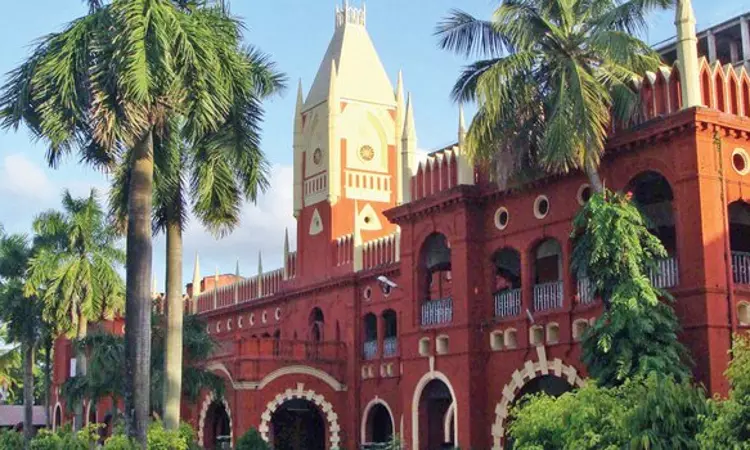Limitation Period For Arbitration Starts From Date When Cause Of Action Accrued: Orissa High Court
Rajesh Kumar
25 Jun 2024 1:00 PM IST

Next Story
25 Jun 2024 1:00 PM IST
The Orissa High Court bench of Justice D. Dash has held that the period of limitation for commencing arbitration runs from the date when the cause of arbitration accrued. This means from the date when the claimant first acquired the right to either take action or require arbitration. Therefore, the bench held that the limitation period for starting arbitration matches the...
